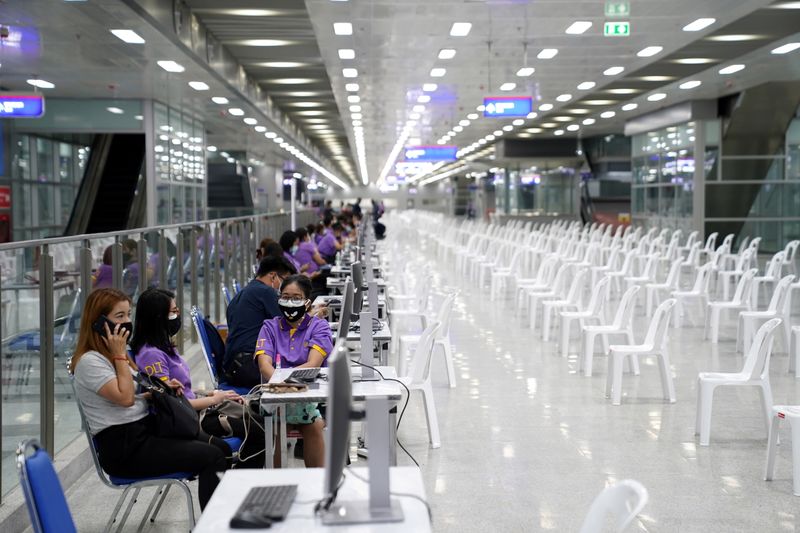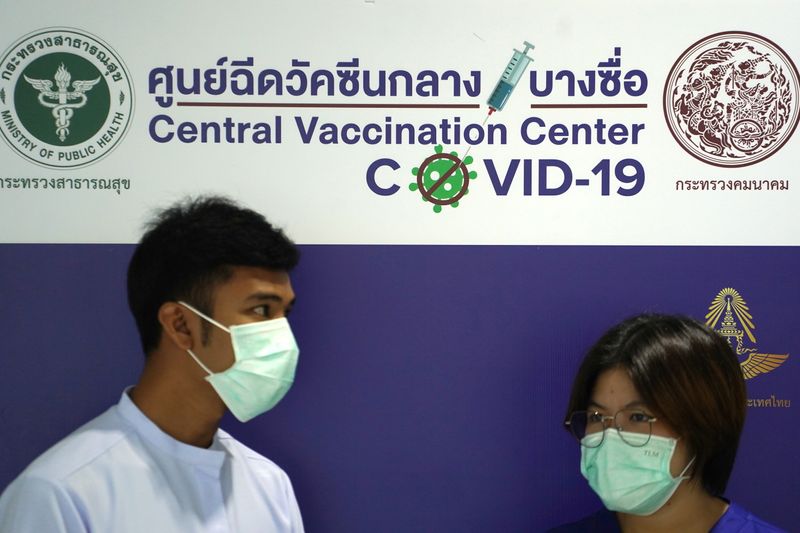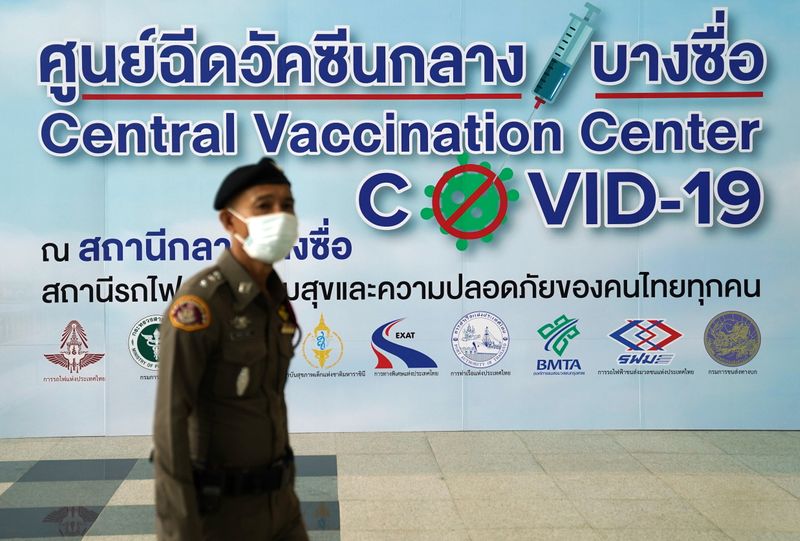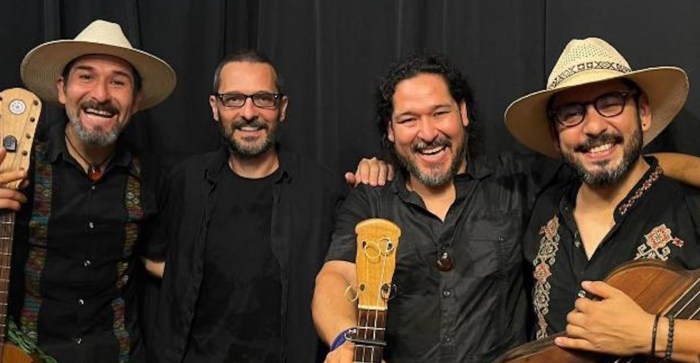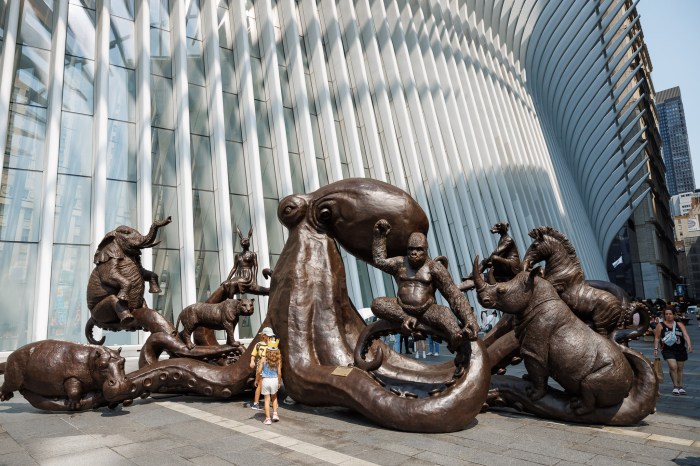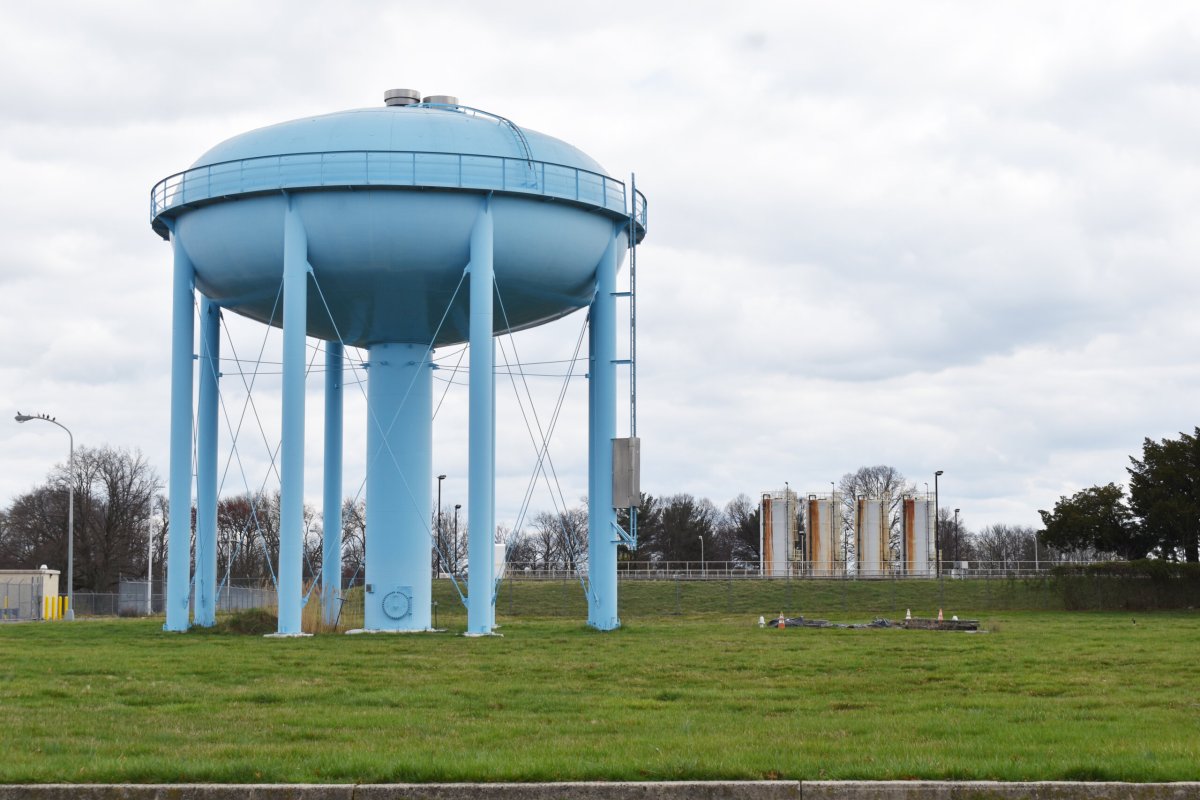BANGKOK (Reuters) – Thailand has detected its first 36 domestically transmitted cases of the highly infectious COVID-19 variant first found in India, authorities said on Friday, a discovery that could complicate efforts to address its most deadly outbreak so far.
All 36 cases with the B.1.617.2 variant were found among people staying in construction workers’ accommodation in the capital Bangkok and included 15 migrant workers, the health ministry said.
The B.1.617.2 variant, which ravaged India, is believed by some experts to be even more transmissible than the B.1.1.7 variant first detected in Britain, which Thailand’s health ministry on Friday said was found in the majority of recent cases in the country.
Thailand is fighting its most severe outbreak yet, with cases quadrupling and deaths increasing seven-fold since the start of April.
Authorities said clusters have been detected in several of the 409 workers camps around the Bangkok, where city authorities say 62,169 workers live, about half of those are migrant workers.
In one camp in northern Bangkok about 1,100 of the 1,667 workers there were infected. Thailand has also found big clusters in several of its prisons.
The government has ordered checks on living conditions of workers in dormitories and has restricted movement between different camps, Taweesin Wisanuyothin, a spokesman for the government’s COVID-19 taskforce said.
The detection of the B.1.617.2 variant in Thailand comes at a time when only 1.72 million people have received first doses of a coronavirus vaccine, most of those frontline workers or members of high-risk groups.
The country is set to start is mass-vaccination campaign next month.
The taskforce reported 3,481 new cases and 32 deaths on Friday, bringing the total to 123,066 cases and 735 fatalities overall.
Thailand contained its earlier outbreaks quickly and was preparing a phased reopening of its crucial tourism sector when the latest wave struck. Officials say it is still on course to welcome vaccinated vacationers starting in July.
(Reporting by Panarat Thepgumpanat and Panu Wongcha-um; Editing by Martin Petty)

